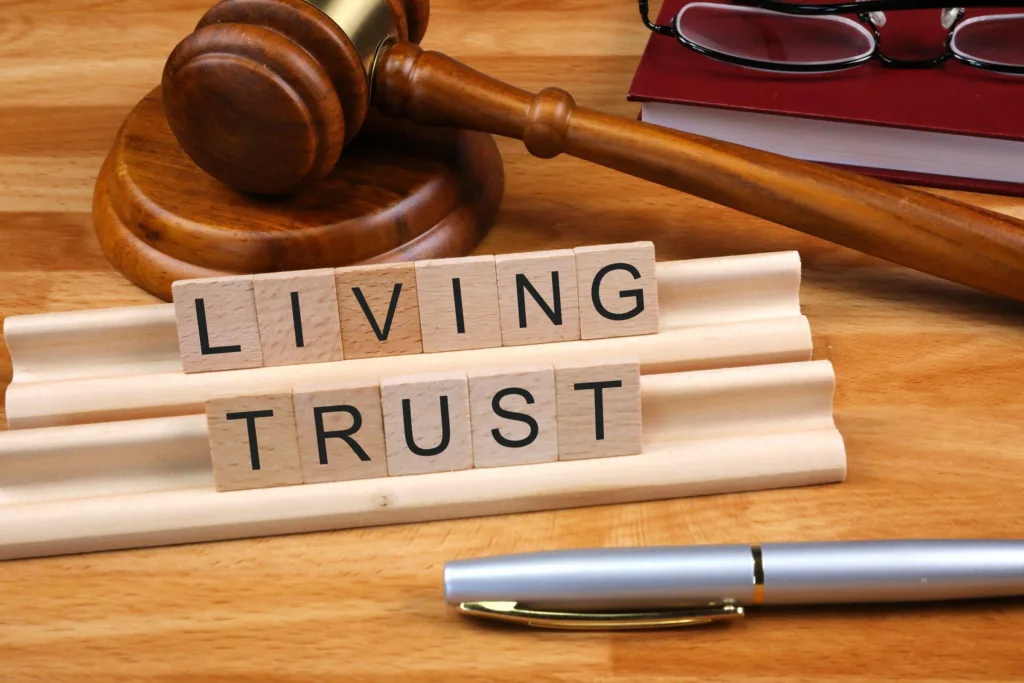In the intricate tapestry of human relationships, trust is often hailed as a cornerstone of mutual understanding and cooperation. However, as experienced practitioners in the realm of legal matters, we at Morgan Legal Group understand that trust is not always a panacea. In fact, the concept of trust carries with it a myriad of complexities and potential pitfalls that can have far-reaching consequences. In this article, we will delve into the dark underbelly of trust, exploring the negatives that can arise when trust is misplaced or exploited. Join us as we navigate the treacherous waters of trust in the legal landscape.
Potential Risks of Blind Trust
When it comes to blind trust, there are several potential risks that individuals should be aware of before fully committing. One major negative aspect of blind trust is the lack of transparency and oversight. Without proper communication and clarity on the terms of the trust, beneficiaries may be left in the dark about important decisions or changes made by the trustee.
Additionally, blind trust can leave room for abuse or misuse of assets by the trustee. Without proper checks and balances in place, the trustee may have unchecked power over the trust, leading to potential conflicts of interest or financial mismanagement. It is crucial for individuals considering blind trust to carefully weigh the risks and benefits before moving forward.

Protecting Yourself from Betrayal
When it comes to trust, many people tend to focus on the positives – the sense of security, the bond it creates, and the peace of mind it brings. However, it’s important to recognize that trust also comes with its fair share of negatives. One of the biggest drawbacks of trust is the vulnerability it exposes us to. When we trust someone, we are essentially handing them the power to betray us, whether intentionally or unintentionally. This vulnerability can leave us open to being hurt, disappointed, or taken advantage of.
Another downside of trust is the potential for betrayal. No matter how much we trust someone, there is always a risk that they may let us down or betray our confidence. This betrayal can come in many forms, from breaking a promise to sharing confidential information to outright deceit. The fear of betrayal can lead to anxiety, stress, and strained relationships. It’s important to strike a balance between trusting others and protecting ourselves from potential betrayal. Remember, trust is a two-way street, and it’s essential to choose who we trust wisely.

Legal Ramifications of Misplaced Trust
Trust is a fundamental component of society, facilitating transactions and relationships between individuals, businesses, and institutions. However, misplaced trust can have serious legal ramifications that individuals may not fully appreciate. One of the primary negatives of trust is the potential for betrayal, fraud, or breach of contract by the trusted party. When trust is placed in the wrong hands, individuals may find themselves embroiled in legal disputes over breached agreements, lost assets, or other harmful consequences.
Moreover, misplaced trust can leave individuals vulnerable to exploitation or manipulation. In cases where individuals have blindly trusted another party without conducting proper due diligence or verifying credentials, they may find themselves at risk of financial loss, identity theft, or other forms of harm. It is essential for individuals to carefully consider the risks and consequences of placing trust in others, especially when significant assets or personal well-being are at stake.

Maintaining Boundaries to Safeguard Your Assets
When considering the use of trust structures to safeguard your assets, it is crucial to also understand the potential negatives that may arise. One significant drawback of trusts is the loss of direct control over the assets transferred into the trust. This means that trustees, who are appointed to manage the trust, have a significant level of authority and discretion over how the assets are managed and distributed. This lack of direct control can sometimes lead to conflicts of interest or mismanagement of assets, which could ultimately jeopardize the intended purpose of the trust.
Another potential negative aspect of trusts is the cost associated with setting up and maintaining them. Establishing a trust can involve legal fees, administrative costs, and ongoing trustee fees. Additionally, depending on the type of trust created, there may be tax implications that could impact the overall value of the assets held within the trust. It is essential for individuals considering the use of trusts to carefully weigh these potential downsides against the benefits in order to make an informed decision that aligns with their long-term financial goals.
Q&A
Q: What are some potential downsides of trust?
A: While trust is generally seen as a positive attribute, there are a few potential negatives to consider.
Q: Does trust make individuals vulnerable?
A: Yes, trusting someone puts you at risk of being betrayed or taken advantage of.
Q: Can trust lead to disappointment?
A: Trusting someone implicitly can lead to disappointment if they don’t meet your expectations.
Q: Does trust make individuals more likely to be deceived?
A: Trusting too easily can make you more susceptible to deception and manipulation.
Q: Can trust make individuals less independent?
A: Relying too heavily on trust can make individuals less inclined to think critically and make decisions independently.
Q: What are some consequences of misplaced trust?
A: Misplaced trust can result in financial losses, damaged relationships, and diminished self-esteem.
Q: How can trust impact mental health?
A: Constantly questioning the trustworthiness of others can lead to feelings of paranoia and anxiety.
Q: Is it possible to have too much trust?
A: Yes, having blind faith in others without any skepticism or boundaries can lead to detrimental outcomes.
Key Takeaways
While trust can often be seen as a positive attribute, it is important to remember that there are also potential drawbacks to placing too much trust in others. By being aware of these negatives, we can navigate relationships and situations with a better understanding of when and how to exercise caution. Remember, it’s always important to strike a balance between trust and skepticism in order to protect ourselves while still fostering meaningful connections with those around us.








